BY AMY VENDITTI, FELLOW
“There comes a point where we need to stop just pulling people out of the river. We need to go upstream and find out why they’re falling in.”
-Desmond Tutu
It’s hard not to feel overwhelmed at the enormity of institutional racism. Even moreso during this pandemic when the racial and class disparity has become undeniably clear. Anyone who is poor, which is largely tied to current and historic racism, is at a higher risk of dying from COVID-19. In 2020, this shouldn't be the case.
But I hold so little power personally, I feel like any efforts on my part are futile. How can I change society?
“Do not be afraid to say I know I can’t do everything but I can do something,” writes Cleo Wade.
I’ve been thinking a lot for the past year about the question of how can we foster greater inclusion in our community and finally put an end to racism. Like voting, your one vote is part of the big picture. If enough people feel they don’t make a difference and therefore don’t vote, it does make a difference. If enough people speak up and behave differently, things will change.
But we have to all do our part.
It’s still hard not to feel powerless. My first thoughts are: I’m not famous. My sphere of influence is limited to 300 Facebook friends, my family and friends. As someone who is self-employed, I don’t have the power to recruit or hire people who may be underrepresented, or even the opportunity to point out to leadership who’s missing at the table.
I had to stop and think about what power I have that I don’t even realize.
One of the places I actually hold direct power is as a landlord. Housing discrimination is still a huge problem and I can do my part to fight it.
I’m a mother of three. Attitudes that I consciously or unconsciously pass on to my sons have a ripple effect, especially as white men.
I also volunteer with several community service organizations and can suggest recruiting new members from churches or at events that will give us a better opportunity to be more inclusive.
I can get involved with social justice groups to fight for policy changes.
I can start more conversations on Facebook.
I can speak up when someone says something that’s not okay.
I can make a conscious effort to support female and minority owned businesses.
I can continue to learn more about other cultures and other people’s experiences and share news, books, and music with friends that are outside of our cultural ‘bubble.’
This is the power I have. What power do you have?
_____
Amy Venditti is a Fellow of A Year of Courageous Conversations to explore how to foster greater inclusion and belonging in our communities. The series is presented by Urban Consulate at Barrington’s White House in Barrington, Illinois. To read more, visit CourageousConversations.us.
(Photo Credit: Christina Noël)

